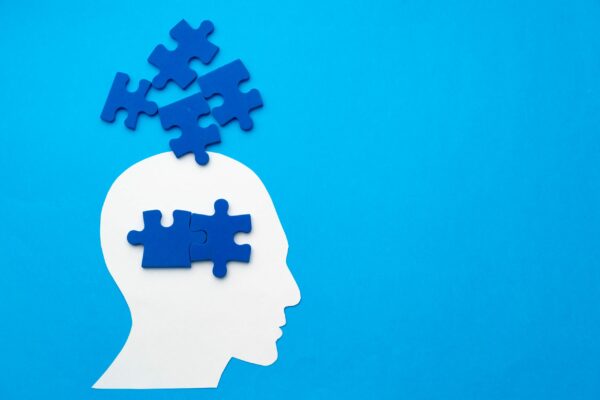Devices to Restore Hearing May Avert Cognitive Decline and Improve Cognitive Test Scores

There is a growing body of evidence that suggests a link between hearing loss and cognitive decline. Studies have found that people with hearing loss are more likely to develop cognitive problems and have a higher risk of developing dementia.
One possible explanation for this link is that the brain has to work harder to process speech and other sounds when hearing is impaired, which may lead to cognitive overload and cognitive decline over time.
Research has also suggested that hearing loss may contribute to social isolation and a decrease in cognitive stimulation, both of which can also lead to cognitive decline. Social isolation has been linked to an increased risk of cognitive impairment, while cognitive stimulation has been shown to promote cognitive health and reduce the risk of dementia.
The Role of Hearing Devices in Cognitive Health
Hearing devices, such as hearing aids and cochlear implants, can help restore hearing and potentially improve cognitive function. By amplifying sound and making speech easier to understand, these devices can reduce the cognitive load associated with hearing loss and improve communication abilities.
In addition, hearing devices can help people stay socially engaged and mentally stimulated. With better hearing, people are more likely to participate in social activities and engage in conversation, which can provide cognitive stimulation and reduce the risk of social isolation.
Studies have found that using hearing devices may have a positive impact on cognitive function. In a study published in the Journal of the American Geriatrics Society, researchers found that using hearing aids was associated with a slower rate of cognitive decline in older adults with hearing loss. Another study published in the Journal of the American Medical Association found that using hearing aids was associated with improved cognitive test scores.
While more research is needed to fully understand the link between hearing devices and cognitive health, these studies suggest that using hearing devices may help avert cognitive decline and improve cognitive function in people with hearing loss.
Barriers to Hearing Device Use
Despite the potential benefits of hearing devices, many people with hearing loss do not use them. In fact, studies have found that only about one-third of people with hearing loss use hearing aids. There are several barriers to hearing device use, including stigma, cost, and lack of awareness.
Many people with hearing loss may be reluctant to use hearing aids because of the perceived stigma associated with them. Hearing aids are often seen as a sign of old age or weakness, which can discourage people from using them. In addition, hearing devices can be expensive, and many insurance plans do not cover the cost of hearing aids or cochlear implants.
Finally, many people with hearing loss may not be aware of the potential benefits of hearing devices or may not realize that they have hearing loss. As a result, they may not seek out hearing devices or may delay using them until their hearing loss becomes more severe.
How Can Healthcare Providers Help?
By reducing the cognitive load associated with hearing loss, hearing devices may help avert cognitive decline and improve cognitive test scores. Efforts to address the barriers to hearing device access and usage may help more people with hearing loss benefit from hearing devices and potentially improve their cognitive health.
Physicians Hearing Network can serve as an extension of your care team, providing audiology services at the point of care from licensed professionals. Our services are provided at no cost to the practice and generate additional ancillary revenue.
If you would like to see if your practice qualifies, contact us today










